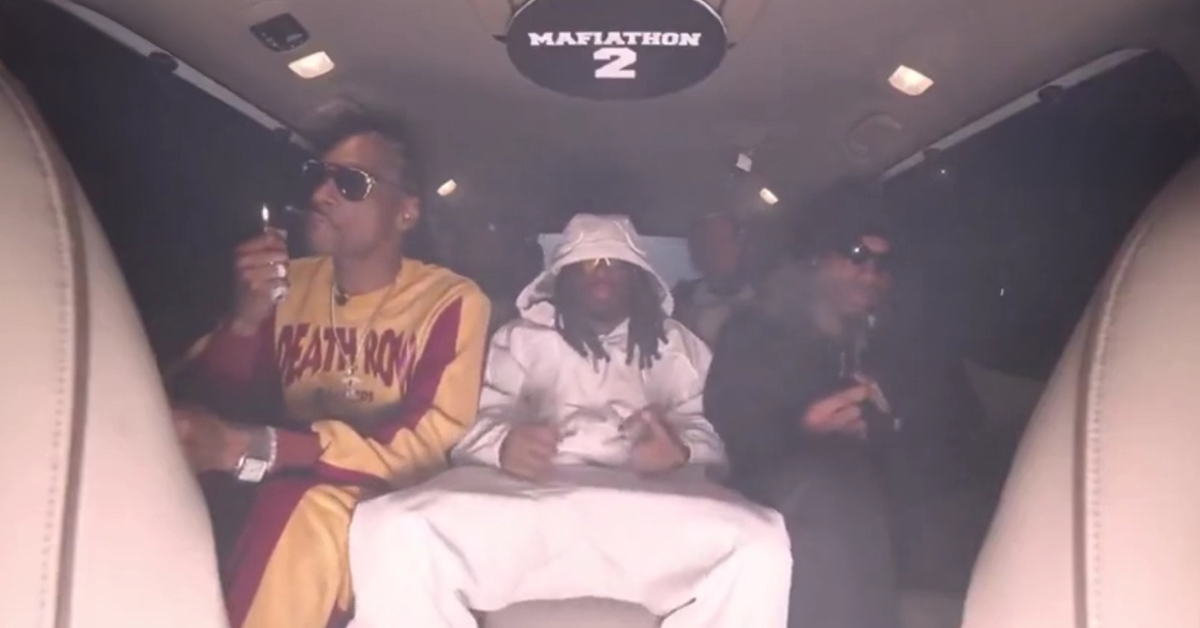In a move aimed at safeguarding smaller-scale cannabis farmers, Vermont’s regulatory authorities have decided to suspend the issuance of major cultivation licenses indefinitely.
According to Cannabis Control Board (CCB) Chairman James Pepper, the pause in granting licenses to large-scale indoor and outdoor growers is a strategic measure to prevent a surplus of cannabis in Vermont, as reported by Vermont Public.
Pepper emphasized that the board’s focus should be on enabling small cultivators and social equity applicants to maximize their potential within the market’s existing capacity.
The CCB announced that it will cease accepting applications for Tier 4 indoor cultivation licenses, as well as Tier 4 and Tier 5 outdoor or mixed cultivation licenses after November 24, as per a Bennington Banner article.
Pepper mentioned that the board’s decision is influenced by studies indicating that a slight excess in cannabis production, approximately 1.3 to 2 grams for every gram demanded, is beneficial. This surplus helps to compensate for potential shortages due to environmental factors or market exits by unsuccessful businesses, he explained.
CCB Executive Director Brynn Hare pointed out that the number of cultivation license renewals is in line with the currently issued licenses, according to the Bennington Banner.
Out of the 392 cultivation licenses issued by the CCB, 305 are for small-scale growers, and 274 are for outdoor or mixed cultivation.
Hare reported a growth in outdoor cultivation space by 25,000 square feet from August to October and an increase of 14,000 square feet for indoor cultivation since August, as noted by the Bennington Banner.
CCB member Kyle Harris, citing industry insights, mentioned that some smaller growers are finding challenges in selling their products at viable prices, particularly for products with lower THC levels. He expressed a desire to support Vermont’s legal cultivators in fully utilizing their capacities without being undercut by larger operations.
Hare revealed that state-licensed growers are currently utilizing about 33% of their indoor canopy capacity and approximately 75% of their outdoor capacity.
Vermont decriminalized small-scale cannabis possession and cultivation in 2018. In 2020, Governor Phil Scott allowed a bill to pass into law without his signature, establishing the framework for commercial cannabis production and sales. The CCB started issuing the first licenses for adult-use cannabis businesses in early 2022, leading to the commencement of commercial sales later that year. By August 2023, cannabis sales in the state had reached over $10.37 million.
The review of the cultivation licensing moratorium is scheduled for the upcoming spring, as reported by Vermont Public.













